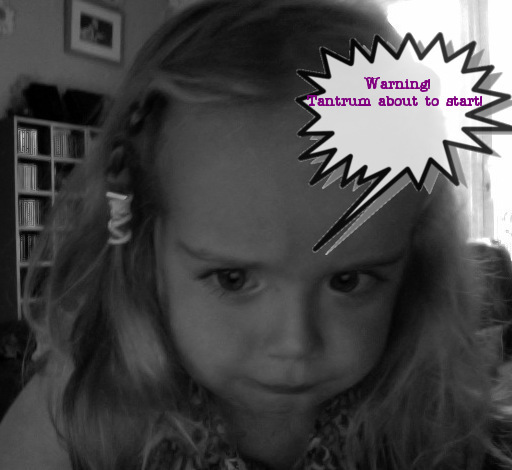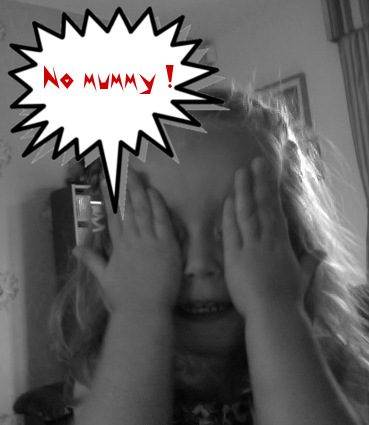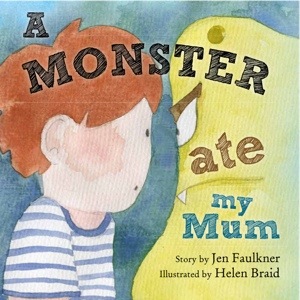 Tantrums – Oh the joy of the toddler tantrum! You say no, they scream yes, and the meltdown-dancing, stamping, screaming and crying begins! If you’re lucky, it’s usually at home, but I’m sure we have all experienced the supermarket wobble with an audience of shoppers tutting on. Pleasant hey?
Tantrums – Oh the joy of the toddler tantrum! You say no, they scream yes, and the meltdown-dancing, stamping, screaming and crying begins! If you’re lucky, it’s usually at home, but I’m sure we have all experienced the supermarket wobble with an audience of shoppers tutting on. Pleasant hey?
Why do toddlers tantrum?
Littlies have tantrums for many reasons, but it’s mainly because they are not getting what they want or their message across! They are at an age where communication is still developing and understanding ‘no’ is very tricky indeed. They often call these years the terrible two’s but they can come much sooner, and last much longer than 2!

why-does-my-toddler-tantrum-how-do-i-deal-with-tantrums-toddler-tantrums
How do I deal with tantrums?
In order for your little one to learn how to handle their frustration you need to guide them through their tantrums. Sounds easy hey? Not really. You need a lot of patience when dealing with a tantruming toddler, and sometimes that patience can wear thin. But don’t worry – help is at hand! I’ve shared my top Ten tips in deailing with tantrums in hope it’ll help you sail over the stormy tantrum sea with ease.
Top Ten tips to dealing with tantrums:
1. Time out helps.
When a child has lost control, are fighting, hurting or biting another child it is important to remove them from that situation so they can calm down and think about what has happened/what they have done and how they are feeling. You don’t have to use a ‘naughty step’ it can be as simple as moving them into a safe place- another room with you while they calm down. It doesnt mean you have to leave them on their own either! You can read more here about using time out techniques.
2. Keep calm.
When tantrums occur – keep calm. It’s a difficult moment and can be embarrasing, frustrating and upsetting for you- but remember your child is feeling these feelings too and looks to your for response and guidance. Try not to give in (this is the easy way out) All you’ll do is feed the problem and next time make it even harder to say no.
3. Help them to understand.
We all have that moment when we simply cannot pay them the attention they are needing and then it’s meltdown time – but don’t feel a failure! You can’t be at their demand every minute! Help them to learn this by talking about why they can’t have a biscuit RIGHT NOW or why you need to be on the phone etc. Talk about being busy, doing jobs and help them to understand.
4. Preperation is the key!
Prepare your littlies for activities in advance. Let them know where you are going and what you are doing so they have the chance to understand. Always give a 5 minute warning when a particular activity is going to end. Little ones cant accept ‘its time for tea’ RIGHT NOW’ when they are building a tower or looking at their favourite TV show, or ‘its bedtime’ without an advance warning. Yes- the tantrum still may occur, but by giving them a warning, they are processing it already by the time the activity has ended. suggest that when they have built their tower it’ll be time to get ready for tea, or when their favourite TV show is over- it’s bedtime.
5. Talk about feelings!
Tantrums are a normal part of development but the behaviour that caused them is not acceptable and littlies need to learn this. Talk through why they were removed from the situation and explain what they did was wrong. (hitting, throwing, scremaing at you!) Talk about how tantrums make you feel inside.
6. Distraction works wonders!
If you see a situation arising that’s going to lead to trouble (with my two its usually fighting over a toy!) Get in there quick and distract! For everyday situations such as getting dressed, or bathtimes that they have suddenly started tantruming over – invent a new fun way of doing that particular activity! make a game out of it. I know we are all in a rush most days, but you’ll acutally be saving time and energy and a lot of upset byt taking the time to do things differently.
7. Encourage sharing as early as possible.
Sharing is caring! Encourage your littlies to share as soon as you can. Socialise your little ones at play groups and clubs so they become accustomed to sharing toys and taking turns. Look at books about sharing and play games together that require taking it in turns.
8. Books are a great learning tool!
Invest in lots of books that talk about kindness, sharing and how we should treat eachother. Reading books from an early age is a great way of spending quality time together while getting important messages across.
9. Lead by example!
Littlies follow examples. If older sibling behave in a certain way (or even adults throwing tantrums) they will copy. Talk to older siblings about setting a good example and how important it is to behave well.
10. Remember that tantrums are totally normal!
Younger children in particular can get frustrated easily when communication skills are not yet developed fully. Look into using baby sign to help with communication. We used it with our little ones and it worked wonders! Look and listen to your child.
If you have any questions or would like some professional advice from the UK’s only FREE award winning parenting advice service, then please get in touch. I’m always happy to help!
The ‘tantrum’ photos used in this article were posed for by my little poppet Boo aged 2 1/2 years – she’s a splendid little actress don’t you think?!
To







Leave a Reply